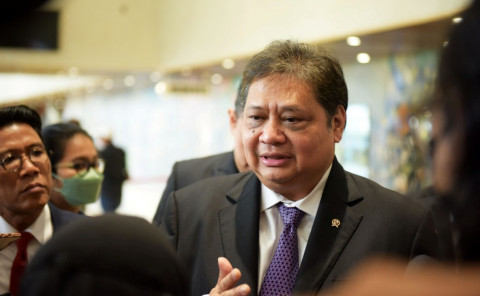Indonesia's Special Economic Zones (SEZs) face a critical crossroads as Coordinating Minister for Economic Affairs Airlangga Hartarto acknowledges their limited appeal to investors. Speaking at the Indonesia SEZ Forum 2024 in Jakarta, he highlighted that while 24 SEZs have been inaugurated nationwide, many still struggle to meet their investment targets.
The government has ambitious plans to expand SEZs, with nine more in the pipeline, aiming to position them as vital drivers of economic growth. However, the reality presents a mixed picture. "Some SEZs face challenges, including Tanjung Kelayak, KEK Morotai, and those in Aceh, where investment realization remains minimal," Airlangga admitted.
Cumulative investments in SEZs have reached Rp242.5 trillion this year, creating 151,000 jobs and involving 394 businesses. Despite these figures, Airlangga described the performance as underwhelming, particularly in sectors like tourism. He emphasized the need for improved infrastructure and accessibility, citing the lack of regional flights to Bangka Belitung and international connections to Labuan Bajo and Mandalika as major barriers.
The government has provided extensive fiscal incentives to attract investors. These include exemptions from VAT and luxury goods tax, reductions in local taxes, and relief from customs duties. However, Airlangga stressed that the implementation of these incentives and addressing technical issues such as permitting and spatial planning are critical to unlocking the zones’ potential.
"We have all the incentives in place. The focus now must shift to their execution and resolving practical hurdles," Airlangga noted.
Tourism-focused SEZs are a particular concern, as they have yet to achieve their anticipated growth. Improving flight connectivity and streamlining non-fiscal services are among the measures proposed to boost investor interest and economic activity in these zones.
As the government moves forward with its SEZ agenda, the success of these zones will depend on effective execution and addressing the structural challenges that hinder their performance. The next steps will determine whether Indonesia can transform its SEZs into engines of sustainable economic growth or if they will remain underutilized opportunities.
BISNIS
Read More






 Friday, 27-02-26
Friday, 27-02-26







